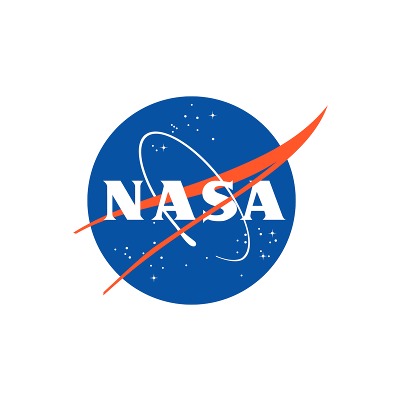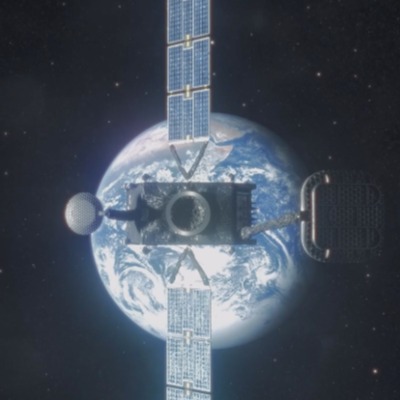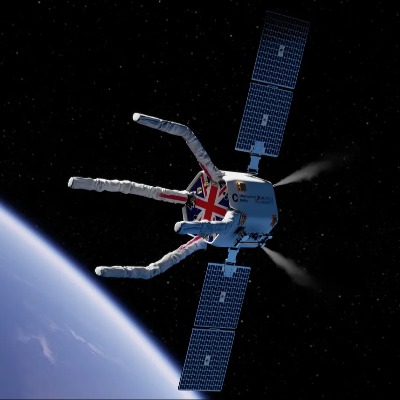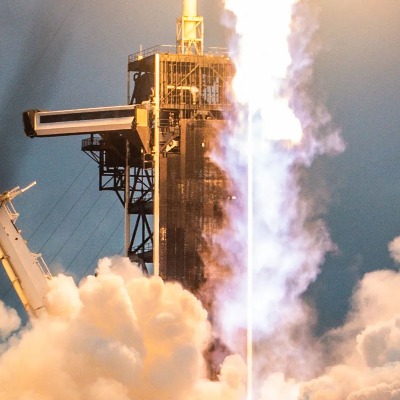China Reaches For Reusability: Landspace Succeeds In First Vertical Takeoff, Vertical Landing Test
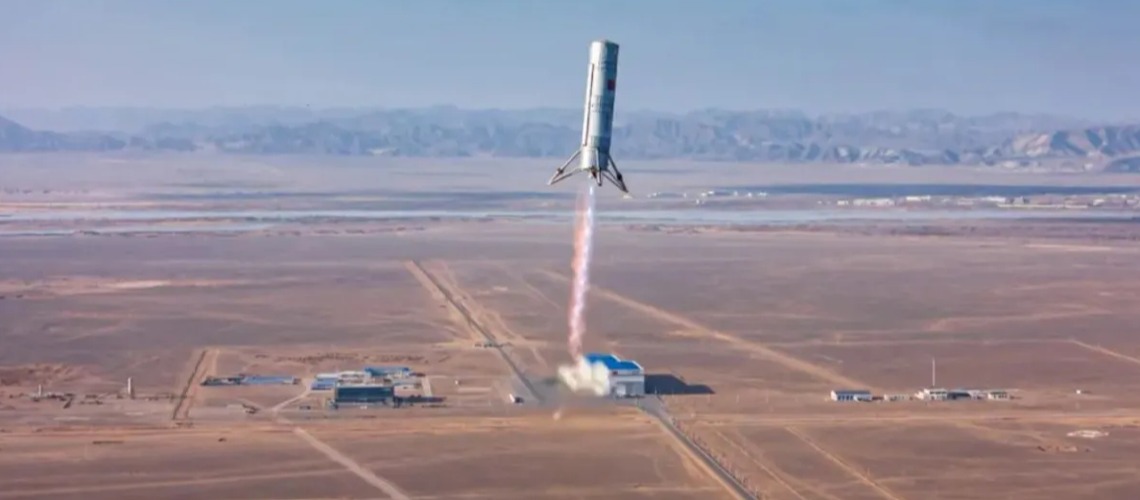
- In a significant step towards making space travel more cost-effective and sustainable, Chinese private space company Landspace has successfully conducted the first vertical takeoff, vertical landing (VTVL) test of its Zhuque-3 rocket prototype. This achievement marks a major milestone in China's burgeoning reusable rocket technology race, potentially shaking up the global space launch industry.
The test flight, which took place on Friday, January 19th, 2024, saw the stainless-steel rocket soar to an altitude of approximately 350 meters before executing a controlled descent and landing back on the launch pad. The entire flight lasted around 60 seconds, with the landing achieving an accuracy of about 2.4 meters and a speed of just 0.75 meters per second.
This successful test paves the way for the development of Landspace's fully reusable Zhuque-3 rocket, which is expected to make its maiden flight in 2025. The two-stage rocket will have a payload capacity of 21,000 kilograms to low Earth orbit (LEO) when used in expendable mode, and will be powered by nine Tianque-12B engines. Its reusability potential holds the promise of drastically reducing launch costs, making space travel more accessible for both commercial and scientific purposes.
The success of Landspace's VTVL test comes on the heels of similar achievements by other Chinese private space companies, such as iSpace, which conducted its own successful reusable rocket test in December 2023. This intense competition within the Chinese space industry is driving rapid advancements in reusable rocket technology, potentially challenging the dominance of established players like SpaceX in the global market.
The implications of China's progress in reusable rocket technology extend far beyond cost reduction. Reusability can also lead to increased launch frequency, enabling faster deployment of satellite constellations and allowing for more rapid advancements in space exploration and research. Additionally, the development of reusable rockets fosters innovation in other areas, such as materials science and engine technology, ultimately benefiting various sectors beyond the space industry.
While challenges remain in perfecting reusable rocket technology, China's recent successes demonstrate its commitment to becoming a leader in this field. The success of Landspace's VTVL test marks a significant leap forward in this endeavor, and the world will be watching closely as China continues to push the boundaries of space exploration and launch technology.

